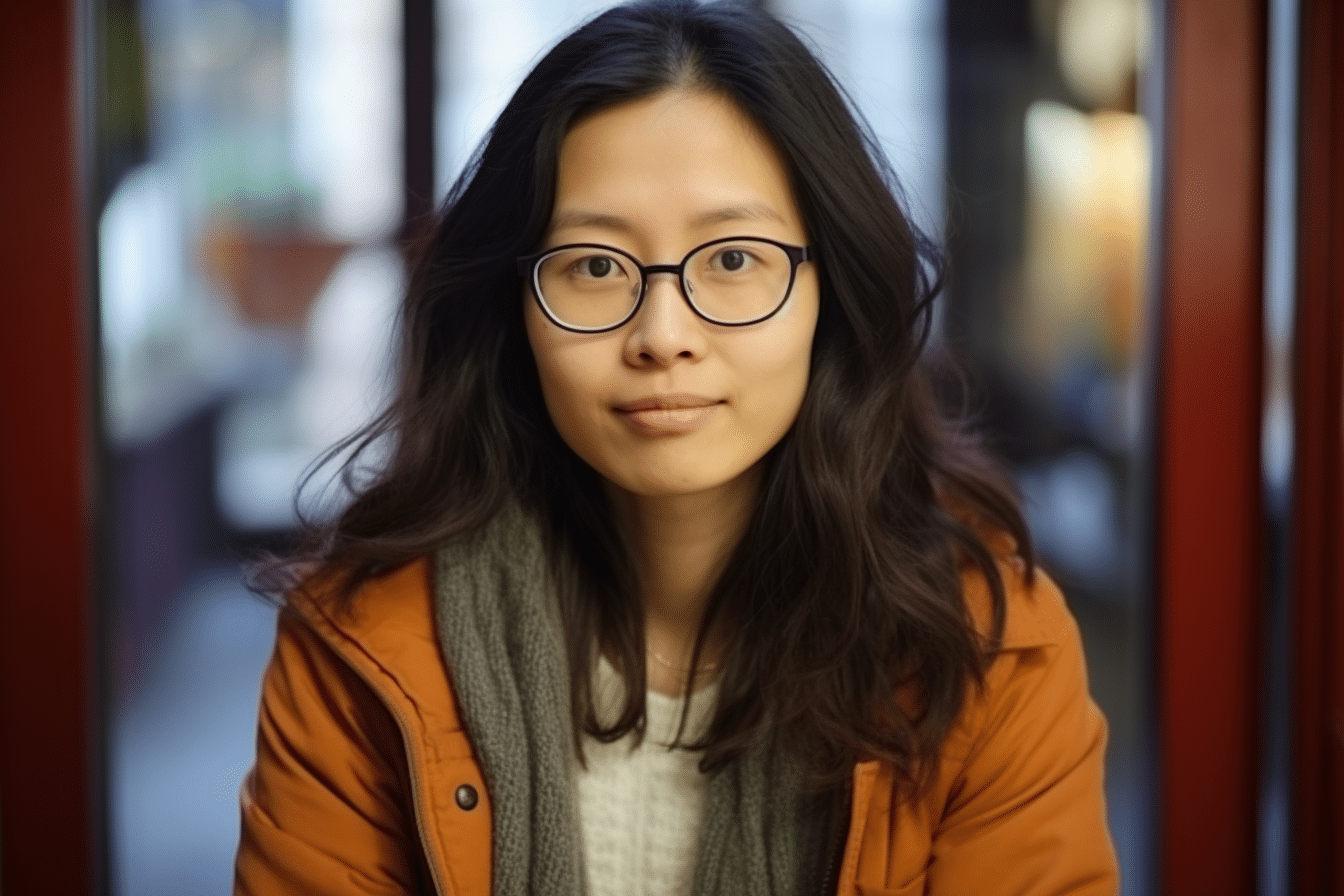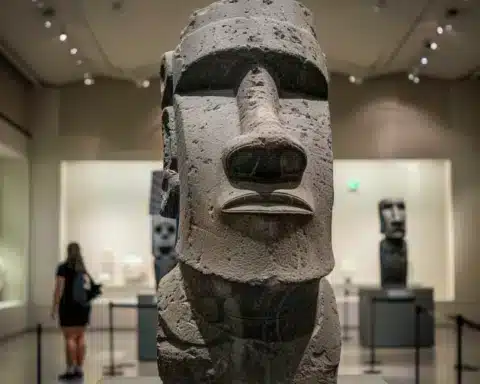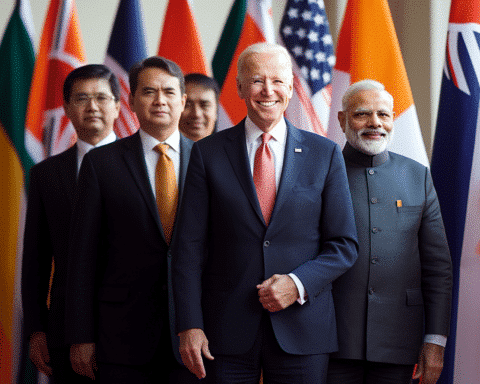After using Yilin Wang’s translations without her approval, the British Museum has reached an amicable settlement, concluding two months of intensive negotiations and a widespread online advocacy effort. Notably, the influential BTS fan group, ARMY, played a significant role in rallying behind Wang.
In June, controversy arose when it was discovered that the museum displayed Wang’s translations of Qiu Jin’s 19th-century feminist poems in its “China’s Hidden Century” exhibit without seeking her consent or crediting her.
The museum acknowledged its oversight, regretfully removing Wang’s translations and the original poems from the display. Critics believed the institution should have compensated Wang rather than excluded poetry from the exhibit.
In a recent conversation, Wang confirmed that the finalized agreement mandates that her work be reintroduced to the exhibit, complete with proper attribution and due compensation. Emphasizing the frequently unacknowledged intricacies of translation, she expressed relief over the outcome but conveyed her discontent about the drawn-out process.
The digital uproar in June left Wang dissatisfied with the museum’s initial reaction, leading her to initiate an online fundraising campaign for legal representation. This effort saw immense support from diverse internet communities, including LGBTQ groups, academics, fellow translators, and notably, the ARMY – BTS’s fervent fanbase. The mobilization by ARMY was especially significant, as Wang’s colleague had previously translated a BTS book, granting her recognition within the fandom.
The outpouring of support enabled Wang to secure legal assistance, accelerating the museum’s response. Wang highlighted that negotiations spanned an additional month before culminating in the present agreement.
As per the settlement terms witnessed, the museum will reintroduce Wang’s translations and appropriately compensate her by week’s end. They will also feature a poem by Qiu Jin on their official site and donate an equivalent of their licensing fee to support translators of Chinese poetry. Crucially, the museum will introduce a comprehensive system for translation clearance by year-end, a procedure they previously lacked.
Wang views this as a significant stride towards ensuring translators receive their due respect and compensation across museums and similar institutions.
In a recent statement, the British Museum expressed its remorse to Wang, acknowledging its lapse. The institution affirmed its commitment to rectifying its clearance procedures concerning translations, pledging to always give translators due acknowledgment in future endeavours.
For Wang, a vital aspect of this victory is its broader exposure to Qiu Jin’s poetry. Recognizing her as a queer feminist poet, Wang stressed her motivation for translating Jin’s work was to acquaint a wider audience with her poignant compositions and accord them the reverence they warrant.
The resolution between Wang and the British Museum is a poignant reminder of recognizing and respecting intellectual property, particularly in an era where content is easily accessible and shared. Translators, often behind the scenes, play a pivotal role in bridging cultures and sharing knowledge, and their contributions should always be acknowledged and compensated fairly. Large or small institutions must uphold these ethical standards, ensuring a balanced representation and recognition of all contributors in their endeavours.




